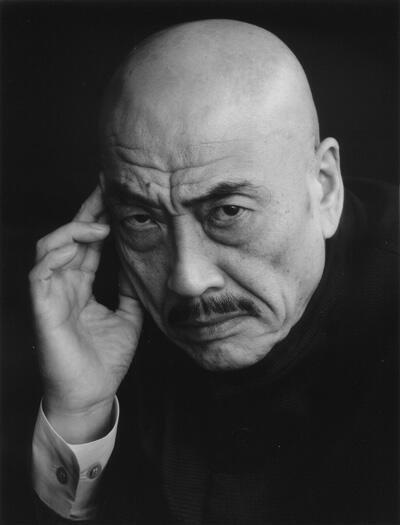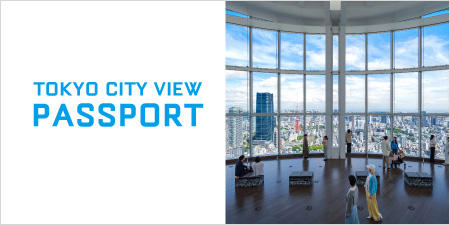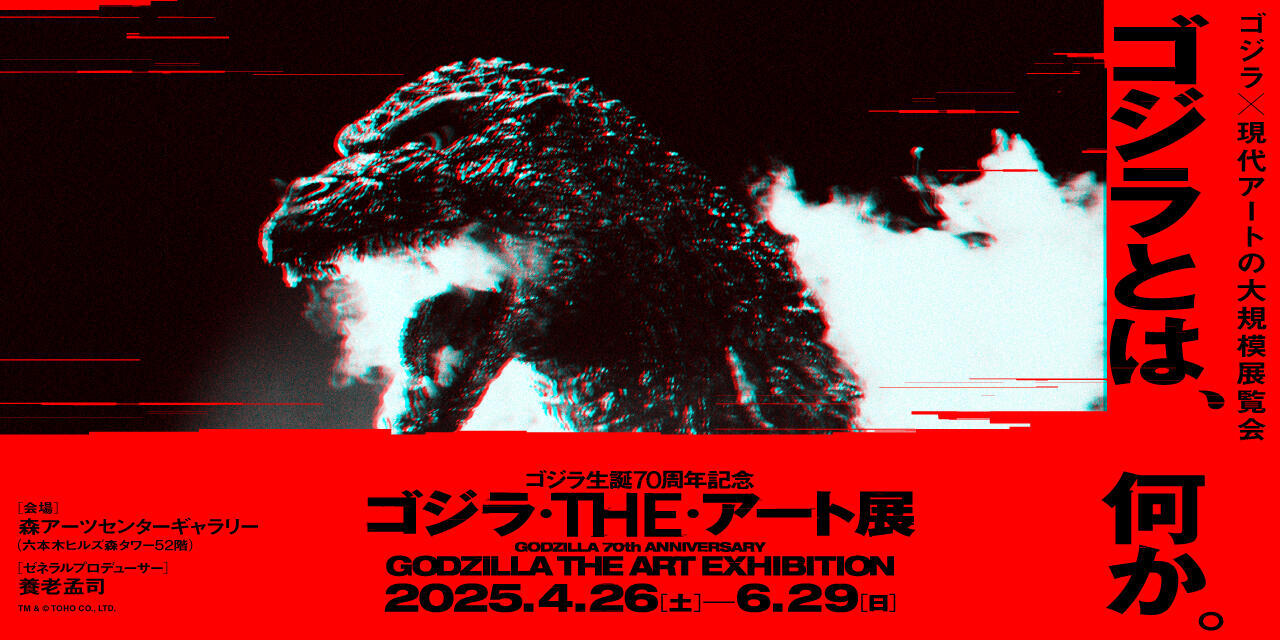Talk Session: What Was “Angura” in the Eyes of Maro Akaji
* Booked out
MAM Research 011: Tokyo Underground 1960-1970s - A Turning Point in Postwar Japanese Culture Related Program
Conducted in Japanese
Join us as we reflect with butoh dancer and actor Maro Akaji on his six decades of pioneering bodily expression. Delving into the trends and evolution of the Japanese underground, and the role of Shinjuku as a cultural hub, we will also probe his insights into the enduring impact of the angura movement on contemporary arts.
- Appearing
- Maro Akaji (Founder of Dairakudakan, butoh dancer, actor)
- Discussants
- Osawa Kei (Project Researcher, The University Museum, the University of Tokyo)
Tsubaki Reiko (Curator, Mori Art Museum) - Date & Time
- 18:30-20:00, Tuesday, April 1, 2025 (Doors Open: 18:00)
* The museum will close at 17:00. Talk attendees only will be granted access to MAM Research 011 from 18:00. The exhibition programs that run concurrently, MACHINE LOVE: Video Game, AI and Contemporary Art, MAM Screen 021: Gabriel Abrantes, and MAM Collection 019: Viewpoint – Haruki Maiko, Katayama Mari, Yoneda Tomoko, will not be open for viewing.
Maro Akaji
Founder of Dairakudakan, butoh dancer, actor
Born in 1943 in Nara Prefecture. In 1965, Maro joins Jokyo Gekijo, the theatrical company led by Kara Juro. As an actor embodying Kara’s theory of the Privileged Body, he has a major impact on the theatre world of the 1960s and 70s. In 1966, while working as an actor, he studies under Hijikata Tatsumi, the founder of butoh.
In 1972, he establishes the company Dairakudakan and introduces a highly spectacular style of butoh using large-scale stage art. This style, named “Tempu Tenshiki” (meaning that being born into this world is a great talent by itself), causes a sensation in Japan and abroad, and contributes to the diffusion of butoh around the world. In addition to actively presenting new works, he also focuses on training butoh dancers, and has initiated a variety of groups and dancers. He also asserts a unique presence in films, TV and on stage, establishing a pioneering position by transcending genres.
Recipient of the Dance Critics Society of Japan Award in 1974, 1987, 1996, 1999, 2007, 2012, 2019
Recipient of the 2006 Commissioner of the Agency for Cultural Affairs Award
Recipient of the 7th Japan Dance Forum Grand Prize in 2013
Recipient of the 2016 64th Dance Art Award established by the Tokyo Shimbun
Recipient of the 1st Taneda Santoka Award in 2018
Recipient of the 76th ACA National Arts Festival Grand Prize in 2022
Recipient of the 40th Nimura Dance Award in 2022

Notes on Bookings
- Please note that content of the program is subject to change without prior notice.
- Please note that a reply E-mail will be sent to you after submitting the form. If you do not receive the reply E-mail, please contact us.
- For bookings, one E-mail address is required per person. Please use different E-mail address for different booking.
- Please note that the museum might take photos/movies for purpose of publicity and documentation during the program.
Notes on Personal Information
- Personal information acquired and retained by Mori Art Museum on the website will be used and managed according to the privacy policy of our company.
- Booking forms use SSL encryption to protect your private information.
- Registrants will receive “MAM NEWS (Mori Art Museum Mail News)” that deliver the latest news and information about the Mori Art Museum.





